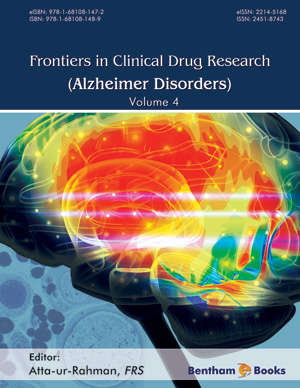Abstract
Epidemiological and biochemical studies have confirmed that some nutritional deficiencies (or malnourishment) are risk factors for the development of mild cognitive impairment (MCI) and Alzheimer's disease (AD). Adequate nutrition plays an important role in cognitive-function maintenance. Early nutritional intervention in the preclinical or predormal phases of AD is likely to prevent or arrest the neurodegenerative processes that are involved in both normal elderly and cognitively impaired elderly with prodromal AD. Furthermore, nutritional strategies are relatively safe. Therefore, nutritional intervention is an important approach to prevent or delay the development of AD in the elderly, which would reduce the disease burden of dementia for the whole society. This review aims to highlight recent developments regarding the values of nutritional intervention in reducing and preventing AD and dementia.






















